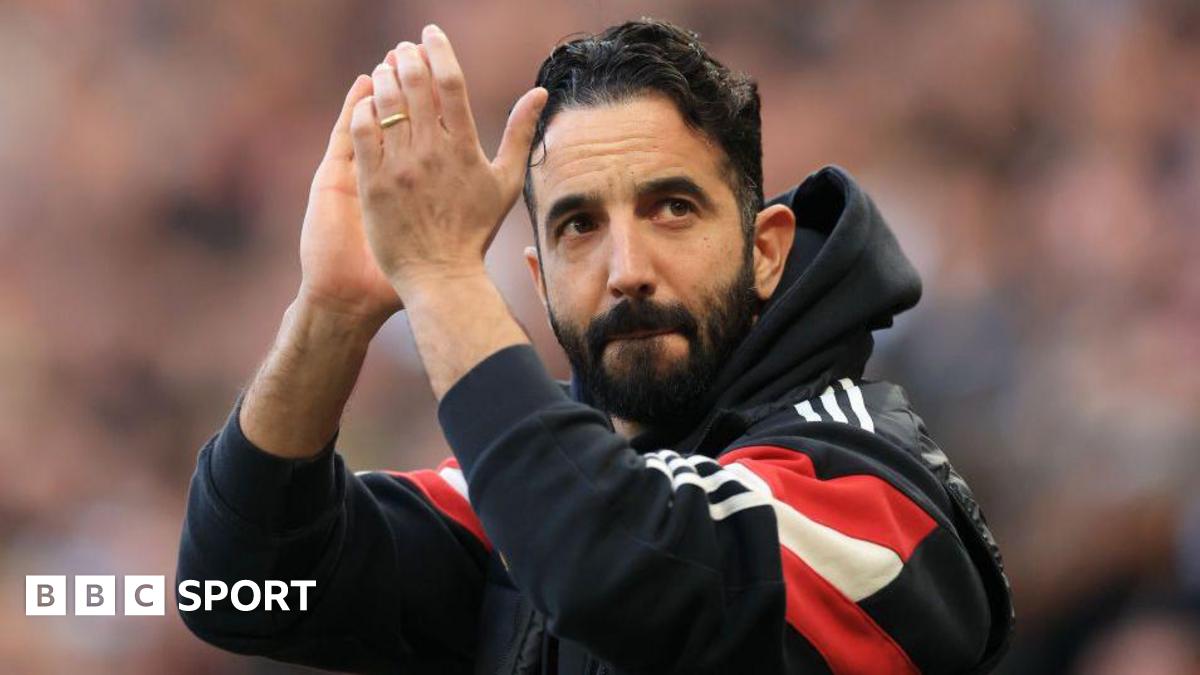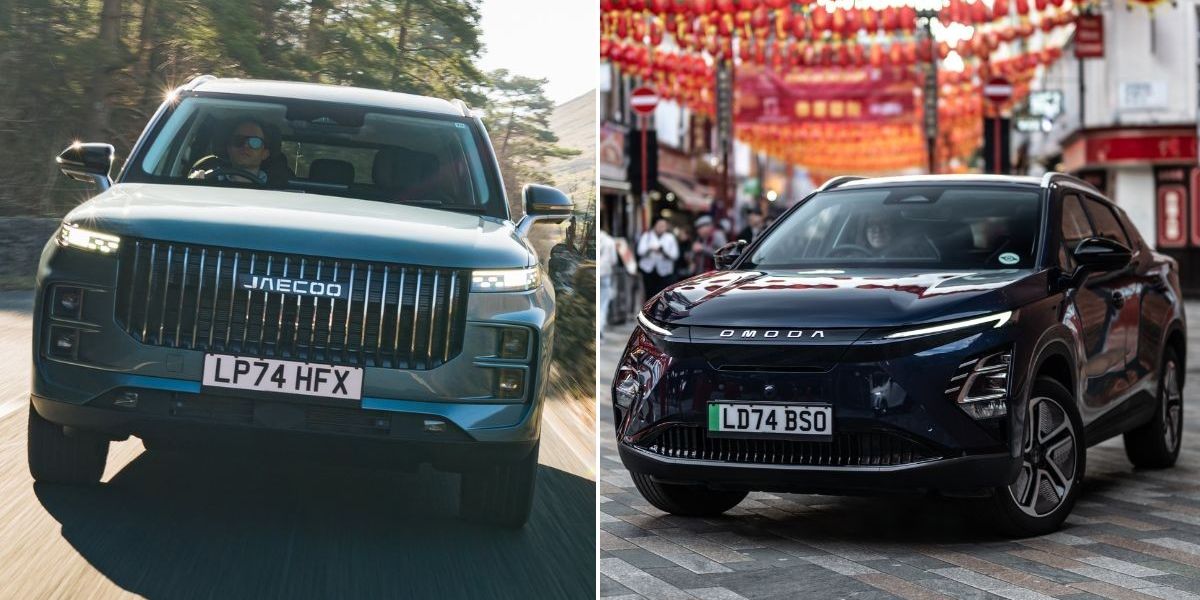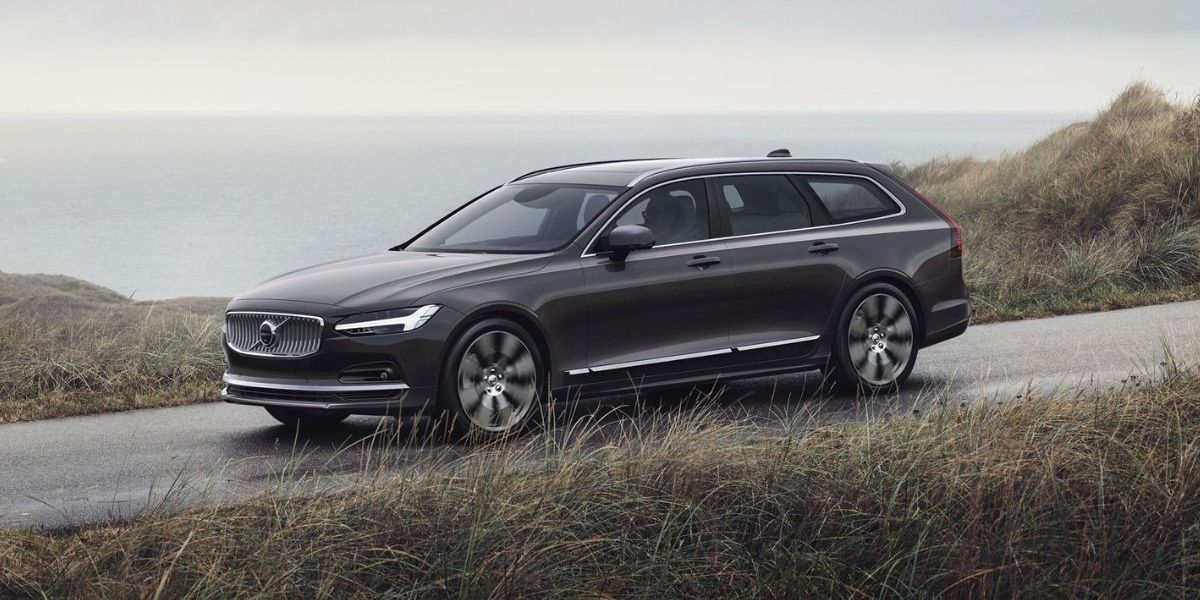One of the world’s most successful manufacturers has announced its intention to continue investing in hydrogen fuel cell technology for vehicles.
A Honda boss has spoken of the brand’s support of hydrogen and fuel cell technology and believes it can take huge strides once electric vehicles are fully established.
The manufacturer is planning to have 100 per cent of its sales to be either electric or hydrogen-powered by 2040, although there are no targets for what the split would be.
It has also partnered with Isuzu to develop a new hydrogen vehicle – the Giga Fuel Cell – with testing in progress and an aim for a 2027 rollout.
A number of companies are pushing for more investment in hydrogen fuel cell technology
GETTY
Inoue Katsushi, head of Honda’s electrification efforts, said: “What I have in my mind is that the [battery] EV era comes first, and the next phase is fuel cell cars.”
He added that the fuel cell era might “take some more time”, according to Autocar.
There has been more optimism about hydrogen fuel cells being used for heavier types of vehicles like HGVs rather than passenger cars.
Inoue Katsushi, who is also President of Honda Motor Europe, added: “In those days, the infrastructure was not good enough, and it was an experimental model and the cost was too high.
“So it’s not our only commercial basis – but with the commercial vehicles, the FCEV powertrain is going to be expanded, for sure, but it will take some time.”
Katsushi continued, saying that the brand’s next generation of fuel cell technology will be competitive.
Honda has one hydrogen vehicle in its fleet, namely the Clarity FCV. It has an impressive range of 366 miles and only emits water vapour as an output.
This comes after the Japanese manufacturer unveiled its new Honda 0 Series, made up of two concept electric vehicles set for release in the coming years.
The Saloon and Space-Hub models were displayed as the future of the brand’s next generation of electric vehicles.
Models are expected to launch later this decade, with rapid charging helping to charge the vehicle from 15 per cent to 80 per cent in just 10 minutes.
Countries and major organisations are moving forward with plans to rapidly expand the hydrogen refuelling infrastructure to support the uptake of fuel cell vehicles.
Other brands are also investing in hydrogen to help decarbonise their companies including Bosch, who said it would launch a combustion energy engine later this year.
Speaking at CES 2024, Tanja Rückert, Bosch board member, said: “To help us meet our future global energy needs in a more resource-efficient way, we at Bosch are rethinking energy use and focusing on a two-pronged approach: electrification and hydrogen.
“For a low-emissions future, we are optimizing the use of traditional energy sources by driving forward electrification in mobility, commercial buildings, and homes.
LATEST DEVELOPMENTS:
The Honda Space-Hub concept EV
HONDA
“And we are tapping into new, sustainable energy sources – with hydrogen playing a central role.”












